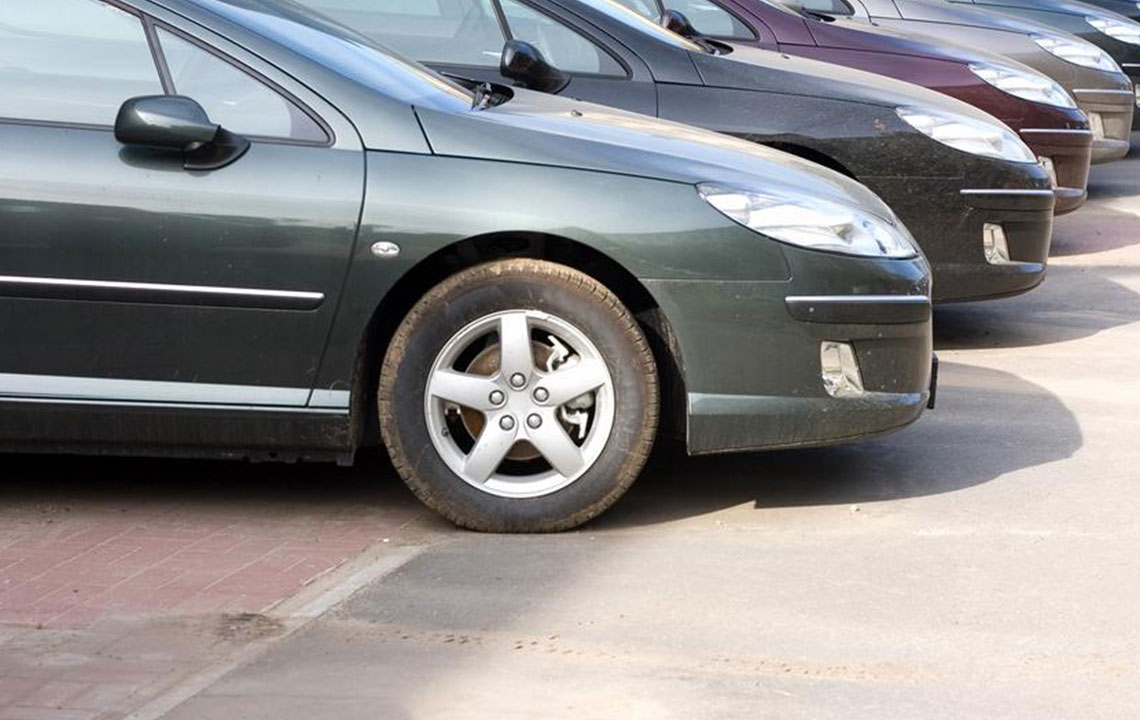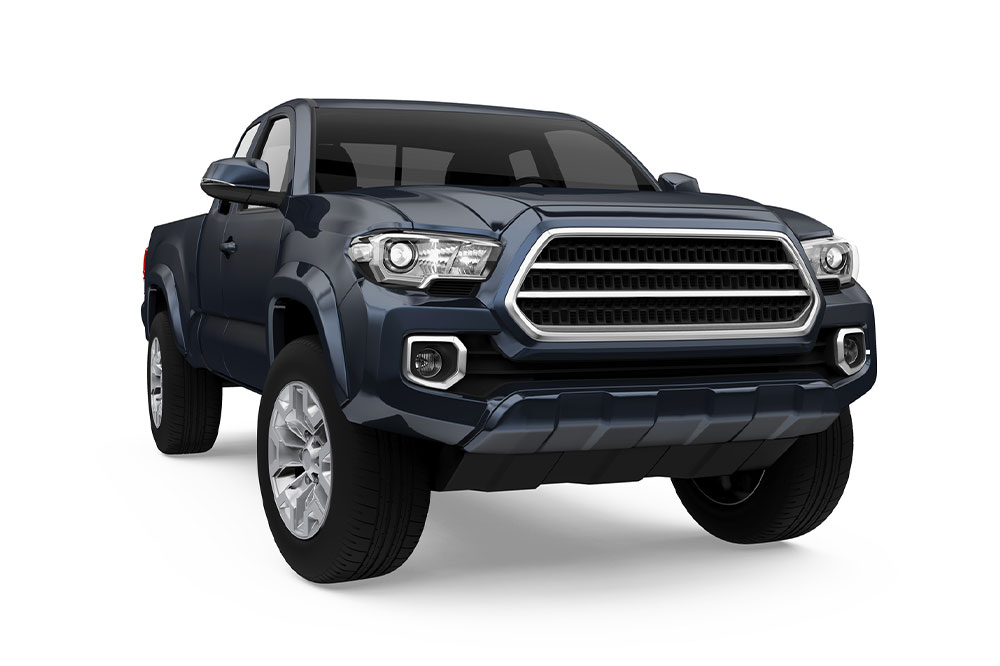Essential Guide to Purchasing Repossessed Vehicles at Auctions
Discover essential tips for buying repossessed cars at auction. Learn how to verify vehicle certifications, budget for additional fees, research market value, attend auctions wisely, and conduct thorough inspections. This guide helps buyers make informed decisions, ensuring cost-effective and reliable vehicle purchases. Find out how to prepare, inspect, and finance repossessed vehicles with confidence to maximize savings and avoid pitfalls.

Essential Guide to Purchasing Repossessed Vehicles at Auctions
When owners default on their auto loans, lenders have the right to repossess the vehicles. They may hire collection agencies to recover the car, often without the owner's awareness. These repossessed vehicles are then auctioned off to the highest bidders, providing a chance for buyers to acquire quality used cars at bargain prices below their original value.
Tips for Securing Repossessed Cars
1. Verify Vehicle Certifications
Ensure the vehicle comes with proper documentation or certifications. If the title is missing, remember to include registration costs in your total budget.
2. Budget for Buyer Fees
Successful bidders must pay a buyer's fee after the auction. This fee secures your purchase and holds the vehicle until final payment.
3. Research Market Prices
Before attending, check the vehicle's market value online or through dealerships. Knowing this helps set a realistic bidding limit.
To find affordable repossessed cars, compare auction prices with current market values and plan your bids carefully.
4. Attend and Observe Auctions
First-time buyers should observe a few auctions to understand the process. Bring knowledgeable friends to assist with inspections, helping identify potential issues and evaluating the vehicle's condition.
5. Don’t Rely Solely on Appearance
Appearance can be deceiving; check the car's condition, mileage, and signs of damage or previous accidents instead of just how it looks.
6. Exercise Patience
Finding the right car takes time. Review auction listings beforehand, and be prepared for additional costs like repairs, fees, and shipping, especially when targeting vehicles under $1,000.
7. Conduct a Thorough Inspection
Inspect both interior and exterior for damage, rust, and previous accident signs. Verify that electronics and starting systems work properly, and check seals and hardware for wear.
8. Explore Payment Options
Secure financing through banks, credit unions, or personal loans. Remember to include all extra expenses like registration, repairs, and fees into your budget to avoid surprises during the process.
Buying repossessed vehicles offers a cost-effective way to own relatively new or used cars. Keep an eye on local or online auctions, do thorough research, and plan your bids carefully for the best deals.










